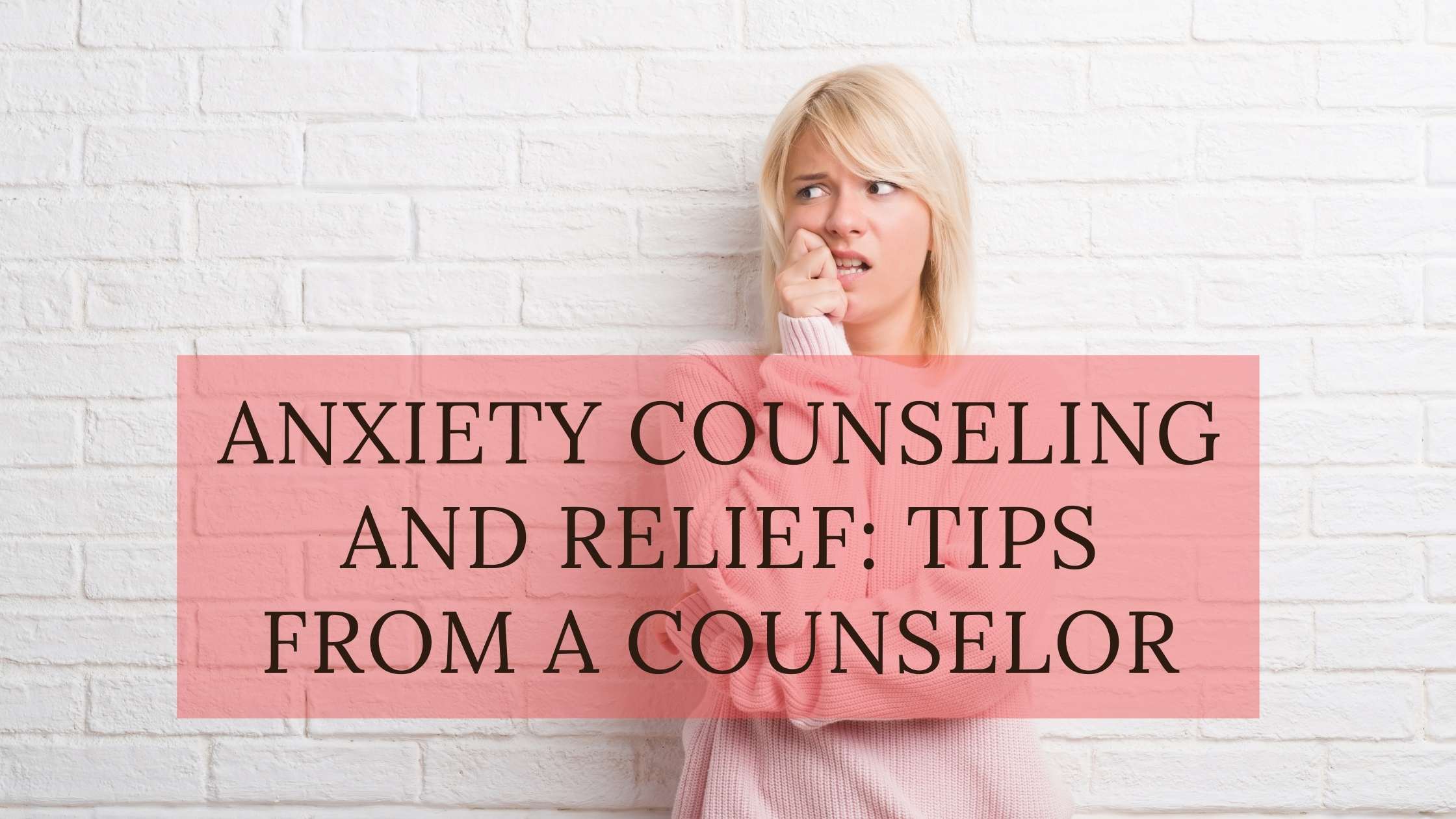Practical Tips From Top Anxiety Counselors
Anxiety is a natural and normal emotion, however, it can be overwhelming when it takes control of our lives. Anxiety can manifest in different ways, whether it be physical or mental. If you are struggling to cope with anxiety, it’s important to seek professional help such as mymindfulmentalhealth.com which provides comprehensive psychiatric care integrating conventional medicine with complementary and alternative modalities. In this article, we have collected practical tips from top anxiety counselors for managing your anxiety and improving your overall well-being.
Here are some practical tips from top anxiety counselors:
1. Identify Your Triggers
Identifying your triggers is a crucial step in managing anxiety. Once you know what triggers your anxiety, you can take steps to avoid or manage those situations. For example, if crowded places trigger your anxiety, you can choose to attend events during off-peak hours or look for quieter venues. If public speaking makes you anxious, practicing and preparing beforehand may help ease your nerves.
It’s also important to note that triggers may not always be obvious. Sometimes they are internal, such as negative self-talk or perfectionism. In these cases, it’s helpful to work with a therapist or counselor to identify and address the underlying issues.
2. Practice Relaxation Techniques
Relaxation techniques are powerful tools that can help reduce symptoms. Deep breathing exercises, for instance, have been found to calm the body and promote relaxation by triggering the parasympathetic nervous system. To practice deep breathing, find a quiet place where you won’t be disturbed, sit or lie down in a comfortable position and take slow deep breaths through your nose. Inhale slowly and deeply for five counts, hold your breath for two counts, then exhale slowly through your mouth for six counts.
3. Stay Connected
Keeping in touch with friends and family is essential to maintaining our mental health, especially during times of stress and anxiety. Whether it’s a quick phone call, text message or video chat, staying connected with loved ones can help reduce feelings of isolation and loneliness
4. Avoid Avoidance
Avoidance is a common coping mechanism for individuals struggling with anxiety. It may provide temporary relief, but it ultimately reinforces the anxiety and can make it worse over time. The first step in avoiding avoidance is to identify the situations or triggers that cause anxiety. Once identified, exposure therapy can be used to gradually desensitize the individual to these triggers through repeated exposure in a controlled setting.
5. Get Moving
Exercise is one of the most effective ways to manage anxiety symptoms, as it releases endorphins that help improve your mood and reduce stress levels. Another way to get moving is by participating in social activities that involve physical movements, such as dance classes or team sports.
6. Prioritize Sleep Hygiene
One of the most overlooked aspects of managing anxiety is sleep hygiene. Our bodies and minds require adequate rest in order to function properly, but many people neglect this essential need. It’s important to establish a consistent sleep schedule and create a bedtime routine that promotes relaxation. This could include reading, taking a warm bath, or practicing meditation.if feel anxiety in sleeping then get anxiety counseling treatment.
Another key component of good sleep hygiene is making sure your sleeping environment is conducive to restful sleep. This means keeping your bedroom quiet, cool, and dark. Avoid using electronics before bed as the blue light emitted from screens can disrupt your circadian rhythm and make it harder to fall asleep.
7. Challenge Negative Thoughts
The first step to challenging negative thoughts is identifying them. A lot of times, these thoughts come automatically and we don’t even realize we’re having them. Once you’ve identified a negative thought, ask yourself if it’s really true. Oftentimes, our negative thoughts are based on assumptions or irrational fears rather than facts.
Another tip for challenging negative thoughts is reframing them in a more positive light. Instead of saying “I’m going to fail this exam,” try saying “I’ll do my best and learn from whatever happens.” This not only helps to alleviate anxiety but also allows for the possibility of growth.
8. Slow Down
One of the most fundamental things that anxiety counselors tell their clients is to slow down. Often, people with anxiety feel like they’re on a never-ending treadmill of thoughts and worries that they can’t escape from. This is where slowing down comes in: it helps you to take a step back and regain perspective.
One way to slow down is through mindfulness meditation. This practice involves focusing your attention on your breath, body sensations, or other present-moment experiences. By doing so, you train your brain to stay in the present moment instead of getting lost in anxious thoughts about the past or future.
Conclusion
In conclusion, seeking help from top anxiety counselors is not a sign of weakness. Instead, it shows the strength and determination to overcome one’s mental health challenges. With practical tips from these experts, individuals can learn how to manage their anxiety and improve their overall well-being.
One of the most effective ways to deal with anxiety is by practicing mindfulness techniques such as deep breathing exercises and meditation. These techniques can help individuals stay present in the moment and avoid ruminating on negative thoughts that may trigger anxiety.
Furthermore, counseling sessions can provide a safe space where individuals can explore their feelings and emotions without fear of judgment or criticism. This allows them to gain a deeper understanding of themselves and develop coping mechanisms that work best for them. In essence, seeking professional help is an essential step towards leading a fulfilling life free from the grips of anxiety.




Post Comment